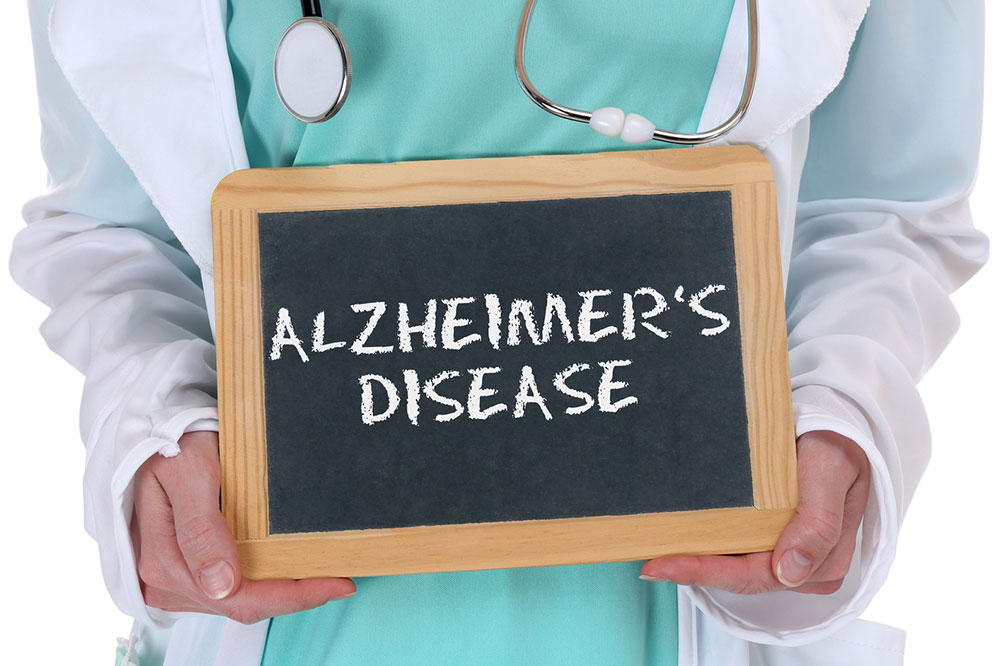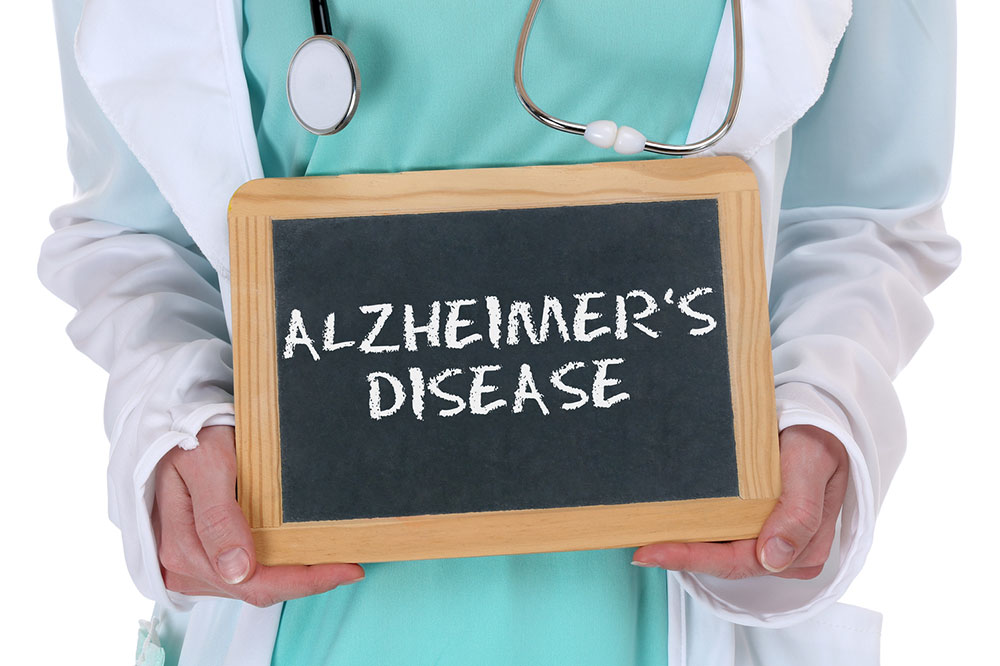Essential Insights About Alzheimer’s Disease
This article provides a comprehensive overview of Alzheimer’s disease, including symptoms, causes, stages, diagnosis, and management strategies. Early recognition and understanding are vital for effective care and improving quality of life for those affected.

Essential Insights About Alzheimer’s Disease
Alzheimer’s disease is a prevalent form of dementia that progressively impairs brain function. It initially manifests as slight memory lapses and worsens over time, affecting areas responsible for language, thinking, and memory. As the disease advances, individuals may lose the ability to communicate, move independently, and perform daily tasks. Understanding the key aspects of Alzheimer’s is crucial for early detection and management.
Symptoms: Early signs include cognitive decline, memory issues, and behavioral shifts like mood swings and personality changes. Patients might also struggle with judgment and misplace objects, affecting daily activities such as handling finances.
Affected individuals often experience difficulty with routine tasks, and may develop depression. Recognizing these symptoms early can help in timely intervention.
Causes: The exact cause remains unknown, but risk factors include aging, family history, cardiovascular issues, hypertension, and high cholesterol levels.
Stages: Alzheimer’s progresses through three main phases: preclinical, mild cognitive impairment, and dementia. The Alzheimer’s Association describes seven detailed stages, ranging from no impairment to severe decline in cognition.
Diagnosis: Diagnosis often occurs in the mild stage, based on symptoms, medical history, and family background. Tests such as neurological assessments, genetic screening, blood work, and imaging scans aid in confirming the diagnosis and ruling out other conditions.
Treatment: While there is no cure, medications and therapies can help manage symptoms and improve quality of life by maintaining mental functions and behavioral health, and potentially slowing disease progression.
Disclaimer:
This information is for educational purposes only and should not replace professional medical advice. Always consult healthcare professionals for diagnosis and treatment.










